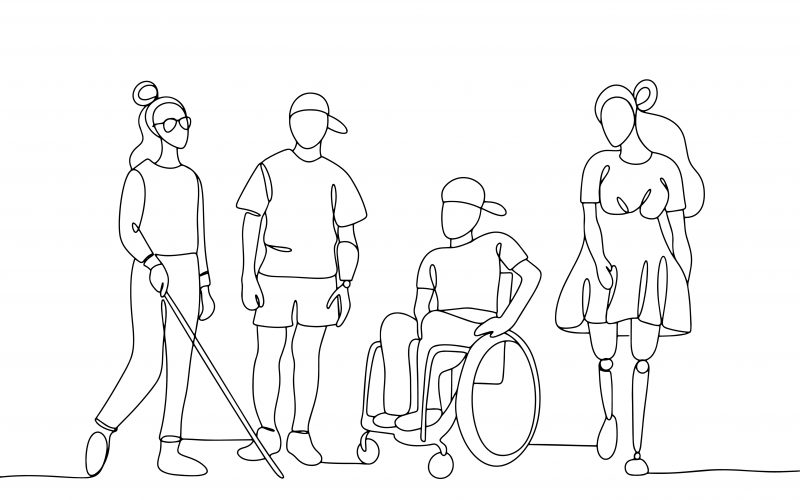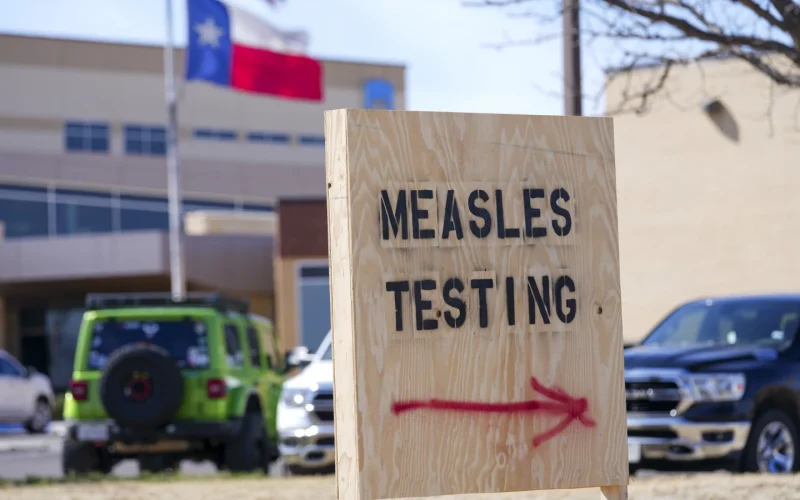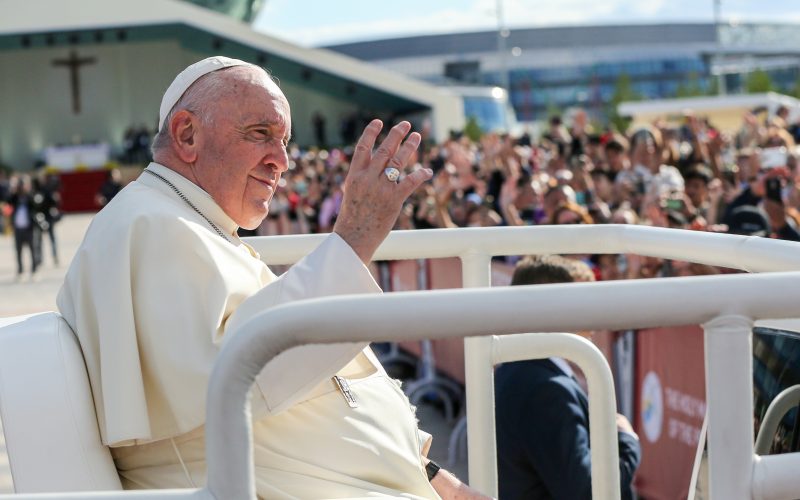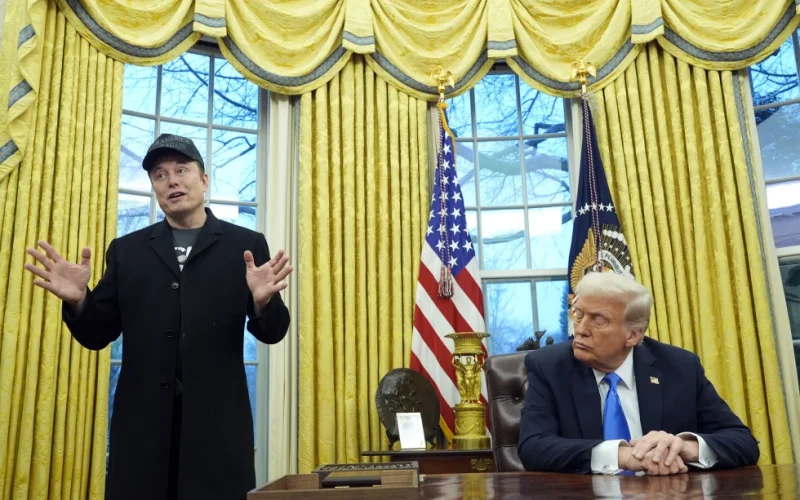Rebekah Taussig joins host Krys Boyd to discuss why, while she’s a champion of disability rights, she worries this has pigeonholed her when she wants to explore so many other topics and possibilities.
Read more


Rebekah Taussig joins host Krys Boyd to discuss why, while she’s a champion of disability rights, she worries this has pigeonholed her when she wants to explore so many other topics and possibilities.
Read more
Brian M. Rosenthal joins host Krys Boyd to discuss the problems with the system of organ donation, why healthy matches are routinely skipped and what can be done to fix a broken process.
Read more
Felipe Torres Medina joins host Krys Boyd to discuss his seemingly impossible journey to obtain a green card, why navigating the system can feel Kafkaesque, and what a proposed option for the rich to buy their citizenship could mean for the American Dream.
Read more
Dr. Adam Ratner is a pediatric infectious diseases physician in New York City, and he joins host Krys Boyd to discuss the return of measles, what it does to the body — especially in young children — what it took to develop the very safe and effective vaccine we have today and what it means that vaccine hesitancy rates are rising.
Read more
Sarah Jones, senior writer for New York magazine, joins host Krys Boyd to discuss the cracks in the social fabric that Covid revealed, why denialism of the illness proved to be so devastating and the death of her own grandfather from the disease.
Read more
Christopher White is the Vatican correspondent for National Catholic Register, and he joins host Krys Boyd to discuss the current pontiff’s health and history – and what being the first pope from Latin America means for his legacy and the church going forward.
Read more
Yoni Applebaum is deputy executive editor of The Atlantic and author of “Stuck: How the Privileged and the Propertied Broke the Engine of American Opportunity.” He joins host Krys Boyd to discuss how a decline in geographic mobility has reshaped the last 50 years – and his theory that it’s affecting our nation’s ingenuity and prosperity.
Read more
John Kounios is professor in the Department of Psychological and Brain Sciences and director of the Creativity Research Lab at Drexel University. He joins host Krys Boyd to discuss what scientists understand about how the brain solves problems – and how we might tap into this phenomenon more often.
Read more
Jim Guinn is president of the Resolution Resource Group, a training and development company. He joins host Krys Boyd to discuss how managers spend the equivalent of one full workday a week managing team problems and his plan for identifying stressors before they get out of hand.
Read more
Nicola Twilley talks to Krys Boyd about the breakthroughs — and setbacks — in the quest for artificial blood, why it’s needed more than ever, and why eyes are on Big Pharma to finance it.
Read more
Andrew Cockburn is Washington editor of Harper’s Magazine, and he joins us to talk about why reigning in federal agencies has been a challenge for previous administrations – and if the Department of Government Efficiency has figured out how to do it.
Read more
This hour, host Krys Boyd is joined by three guests who will explain how we can regain our ability to focus and tame our overactive minds – plus we’ll learn all about the growing research into the many ways listening to music benefits our brains.
Read more